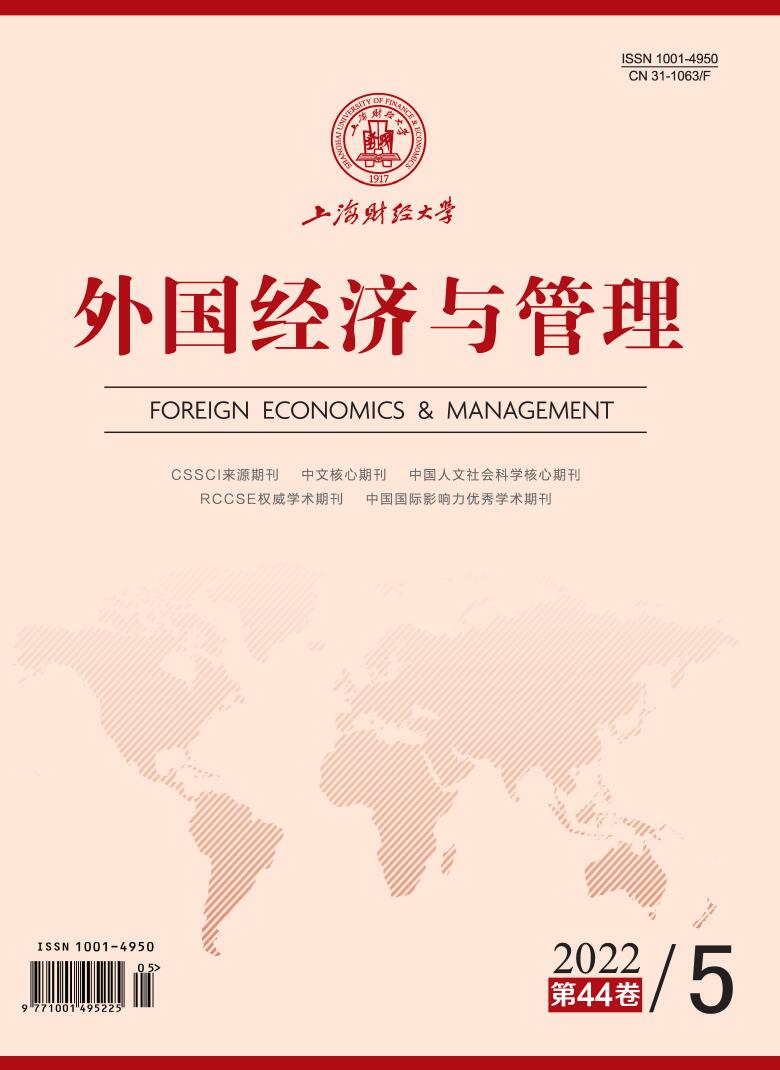In recent years, digital transformation is driving profound changes in the global economy. The wide application of information technologies such as big data, artificial intelligence, and cloud computing has reshaped firms’ resources and capabilities, and fundamentally changed the organizational structure, business model, and strategic decision-making. In practice, a large number of firms have relied on digital technology for international expansion, but the academic research on how digital transformation affects the internationalization behavior of firms is still very scarce.
Based on the data of China’s manufacturing listed companies from 2009 to 2019, using text mining technology to construct the index of digital transformation at the firm level, and drawing on the dynamic capability theory, this paper explains and empirically tests the relationship between digital transformation and the international scope of multinational firms, and the mediating role of dynamic capability. The main conclusions are as follows: Firstly, digital transformation promotes firms to perceive and respond to the dynamic and complex international competitive environment, improving the scope of firm internationalization. Secondly, by affecting the dynamic capability, digital transformation has an impact on the scope of firm internationalization. That is, digital transformation improves the ability of firms to perceive opportunities, and obtain and reconstruct internal and external resources in a dynamic environment. Thirdly, firms with a stronger dynamic capability will actively and effectively promote international expansion, improving the scope of firm internationalization. Finally, the impact of digital transformation on the scope of firm internationalization is related to the institutional characteristics of the host country and the nature of firm equity. Specifically, the positive impact of digital transformation on the scope of firm internationalization is stronger in the case of institutional deficit, non-Belt-and-Road countries, and private firms than in the case of institutional surplus, Belt-and-Road countries, and state-owned firms.
This paper contributes to the existing literature in the following ways: Firstly, drawing on the dynamic capability theory, it explains and tests the impact of digital transformation on the scope of firm internationalization, which enriches the research on digital transformation in the field of international business. Secondly, it elaborates in detail how modern technology improves dynamic capability and further discusses the mediating role of dynamic capability between digital transformation and the scope of firm internationalization, which helps to open the “black box” of digital transformation affecting the scope of firm internationalization. Thirdly, it also examines the heterogeneous impact of digital transformation on the scope of firm internationalization from the institutional characteristics of the host country and the nature of firm equity, further expanding the boundary conditions of the impact of digital transformation on the scope of firm internationalization. Finally, the large panel dataset used in this study not only helps to improve the sample representativeness, but also can control the factors that change with time, which is helpful to get more accurate research conclusions.





 6439
6439  9569
9569

